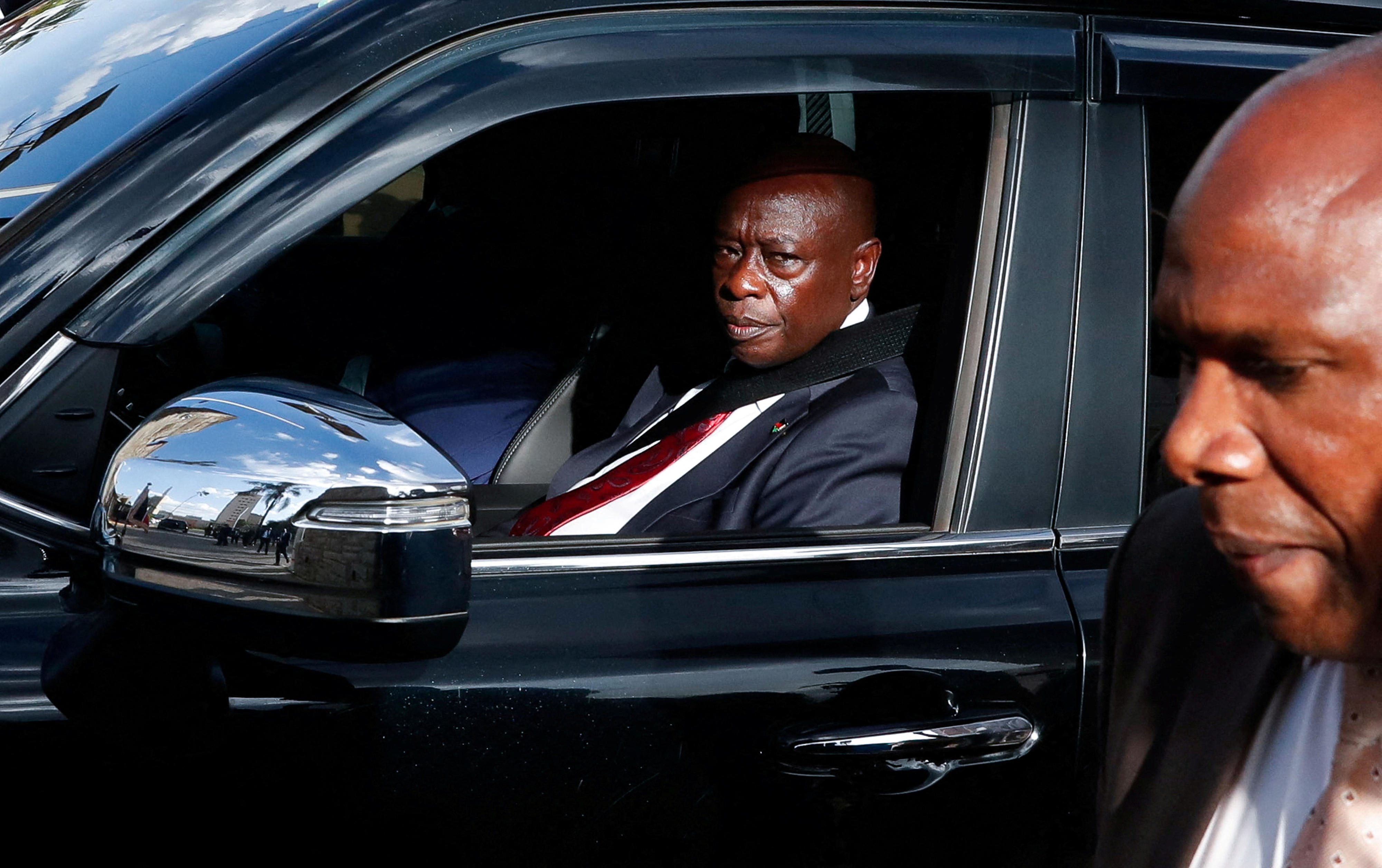
A woman packages fruits for export. PHOTO/FILE
|Prosper
Prime
A special pass for exporters
What you need to know:
Policy analysts are opposed to what they describe as “generous tax exemptions,” referring to them as unwarranted revenue foregone.
Are you an exporter or do you process local raw material for export?
There is a leeway for you to export locally processed goods without being subjected to paying taxes.
But, this only applies for as long as your operations are within gazetted export processing zones.
Government has provided for a package of incentives for Free Zone developers, operators or managers which include: Fiscal Incentives such as import Duty exemption on plant and machinery, spare parts tools, raw materials, Intermediate goods, construction materials, equipment, office equipment and supplies, and transport equipment in Free Zones.
Furthermore, a 10-Year Income Tax exemption for a Free Zone Developer and Operator, VAT exemption on any payment for feasibility studies, design construction services, construction materials, earthmoving equipment and machinery.
Further excise Duty is exempt for construction materials for development or construction of a factory or warehouse, no stamp duty payable on legal instruments executed by developers and operators of Free Zones such as debenture, lease of land, increasing of share capital and transfer of land.
These also include exemption from all taxes, levies and rates on exports from the Free Zones, exemption on personal income of a person offering Technical Assistance under a Technical Assistance Agreement.
It should be noted however that several quarters, including a section of tax analysts, CSOs and policy analysts are opposed to what they describe as generous tax exemptions, referring to it as unwarranted revenue foregone, but the regulator is of the view that the tax foregone is temporary, let alone it is a birther of economic activities for which to tax from in future.
According to the Ministry of Finance 2021/22 annual performance report titled: ‘PSD Programme Annual Performance Report FY2021-22’, access to export processing zones has tremendously improved with at least 31 firms accessing the zones, which was above the target of 25 firms and the previous year’s performance of 27 firms.
“Out of the 31 firms, 61 percent were Foreign Direct Investments while 39 percent were domestic investments,” reads the report in part.
As for the regulator’s, it emerged that the plan in the short to medium term is to to acquire at least 4,000 acres of land by the 2024/25 Financial Year for development of public Free Zones. At the grand strategy level, Uganda Free Zones Authority (UFZA) is expecting to create about 1,727 factories in every 6400 acres of land.

Government has provided some incentives for Free Zone developers such as a 10-Year Income Tax exemption. PHOTO/FILE
“Imagine if each of these factories is exporting $1 million (about Shs 37 billion) and employing 100 people—just think of the return on investment and the circular flow of money – from producers to households and back again in an endless loop. And that is what we are all about!” the executive director of Uganda Free Zones Authority (UFZA), Mr Hez Kimoomi Alinda, told Prosper Magazine.
He continued: “For the long term plan of 25,600 acres, when you do the maths, that translates into $6.9 billion annually in exports and 690,700 jobs.
“Remember our participation in the global export trade is about 0.02 per cent, so we are not there yet. With the Special Economic Zones, we can achieve our intentions quickly. But we have to be deliberate and intentional.”
Overall export contribution in Free Zones in 2020/2021 Financial Year stood at 23 per cent of the country’s total exports which was about $1.247 billion (more than Sh3.7 trillion).
A lot of this according to the report was actually gold re-exports after undergoing processing here. The gold re-export was mainly coming from DRC, Tanzania, and some from as far as Zimbabwe. This goes to show how attractive the Special Regulatory environment is in Free Zones here. Last year, the levy on processed gold of 5 per cent in the customs territory was also applied to the Free Zones. As a result, Uganda’s recorded exports dropped.
Worth noting is that jobs went up by 17.5 per cent Year on Year from 8389 to 9861 in the current year. In terms of investment, the country had a 9 per cent growth in exports from $586 million in 2020/21 to $644.76m (more than Shs2.3 trillion) in 2021/22. The cumulative capital investment in Free Zones as at June 30th 2022, stood at $1.54 billion.
The law
Once the Free Zones amendment law comes into the picture, it will specifically address the 2014 Uganda Investment Code Act inadequacies. According to the Uganda Free Zones Authority (UFZA), the plan is to change the Act into special economic zones.
Speaking to Prosper Magazine in an exclusive interview, the Executive Director of Uganda Free Zones Authority (UFZA), Mr Hez Kimoomi Alinda explained that the present law states that 80 per cent of what is produced in the free economic zones should be exported and 20 per cent is left for local consumption.
The amendment of the law, he said: “Will be looking at striking a balance.”
He says 50 per cent of production should be for export and the remaining 50 per cent should be dedicated for local consumption.





